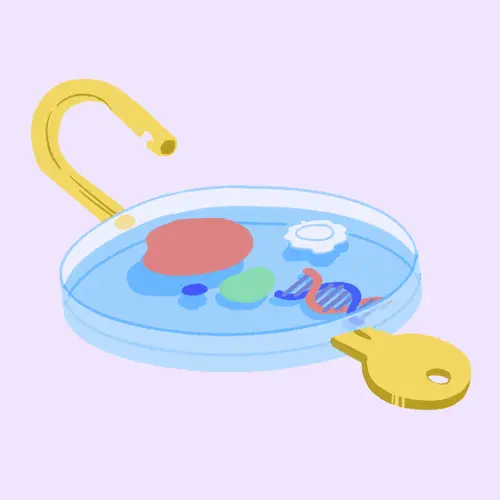Millions of adults and children have food allergies, and the number is growing. Some of those people are allergic to raw or cooked corn.
While it's a common food, corn allergy is much less common than are allergies to wheat, peanuts, tree nuts, milk, soy, fish, shellfish, or eggs.
People who are allergic to corn don't always react the same way. Some reactions include:
- Hives (red, itchy skin bumps) or a skin rash
- Nausea (sick to your stomach), cramps, vomiting, diarrhea
- Runny or stuffy nose
- Sneezing
- Asthma (breathing trouble)
- Anaphylaxis, a serious condition that makes it hard or impossible to breathe and can cause death
Even though corn allergy is rare, a reaction is almost immediate and can be severe. If you think you might be allergic to corn, see your doctor. You may need to see a specialist called an allergist.
Is It a Corn Allergy?
Keep notes about your reactions before your appointment with the allergist. Write down what you ate and what happened, and bring the notes with you. Your doctor will examine you and ask questions about your health, your family's health, and any allergies you might have.
They'll rule out other health issues that may cause the same kind of reaction and then do a common test for food allergies called a skin prick test or a scratch test. They'll put a drop of a solution that has a tiny bit of corn in it on your arm or back. Then they'll prick or scratch your skin a little to let a small amount of the solution under your skin. The test feels like a fingernail scratch and doesn't hurt or make you bleed.
If a bump shows up at the place that was scratched, it usually means you're allergic.
Another way to test is known as an elimination diet. You stay away from corn and corn products for a couple of weeks and see if your symptoms go away.
Prevention and Treatment
If you have a corn allergy, stay away from corn as much as possible. It's in foods you'd expect, like corn muffins and corn oil. But it's also in foods that might surprise you. For instance, it can be found in deli meat, cereal, jam, snacks, bread, salad dressing, and canned fruits and juices. Yogurt, cheese, and soda also can have forms of corn. So check food labels carefully.
It may seem strange, but corn is in some things that aren't food, like toothpaste, shampoo, vitamins, makeup, crayons, pet food, clothing, paint, and dishwasher soap.
Since it can be hard to avoid corn all the time, your doctor may give you an antihistamine like Benadryl for mild symptoms. They also might suggest that you keep a medicine called epinephrine with you at all times in case you have a bad reaction. It's given with an injection called EpiPen.
Here are some tips for living with a corn allergy:
- Be careful at picnics and parties where you don't know what's in the food being served. If you're concerned, bring your own food.
- Wear a medical alert bracelet that says you have a food allergy. You can buy one online or at a drug store.
- If your child has a corn allergy, make sure their school or daycare knows about it.
A good way to avoid corn is to buy fresh (not processed or packaged) foods. Choose fruits, vegetables, whole grains, 100% juice, and lean protein (chicken or meat). And be careful with these products that can have corn in them: baking powder, cornmeal, corn oil, vegetable oil, corn syrup, high fructose corn syrup, maize, and corn bran.
Instead of corn or vegetable oil, use canola oil. Instead of corn syrup, sweeten with honey, agave, or sugar cane syrup.

